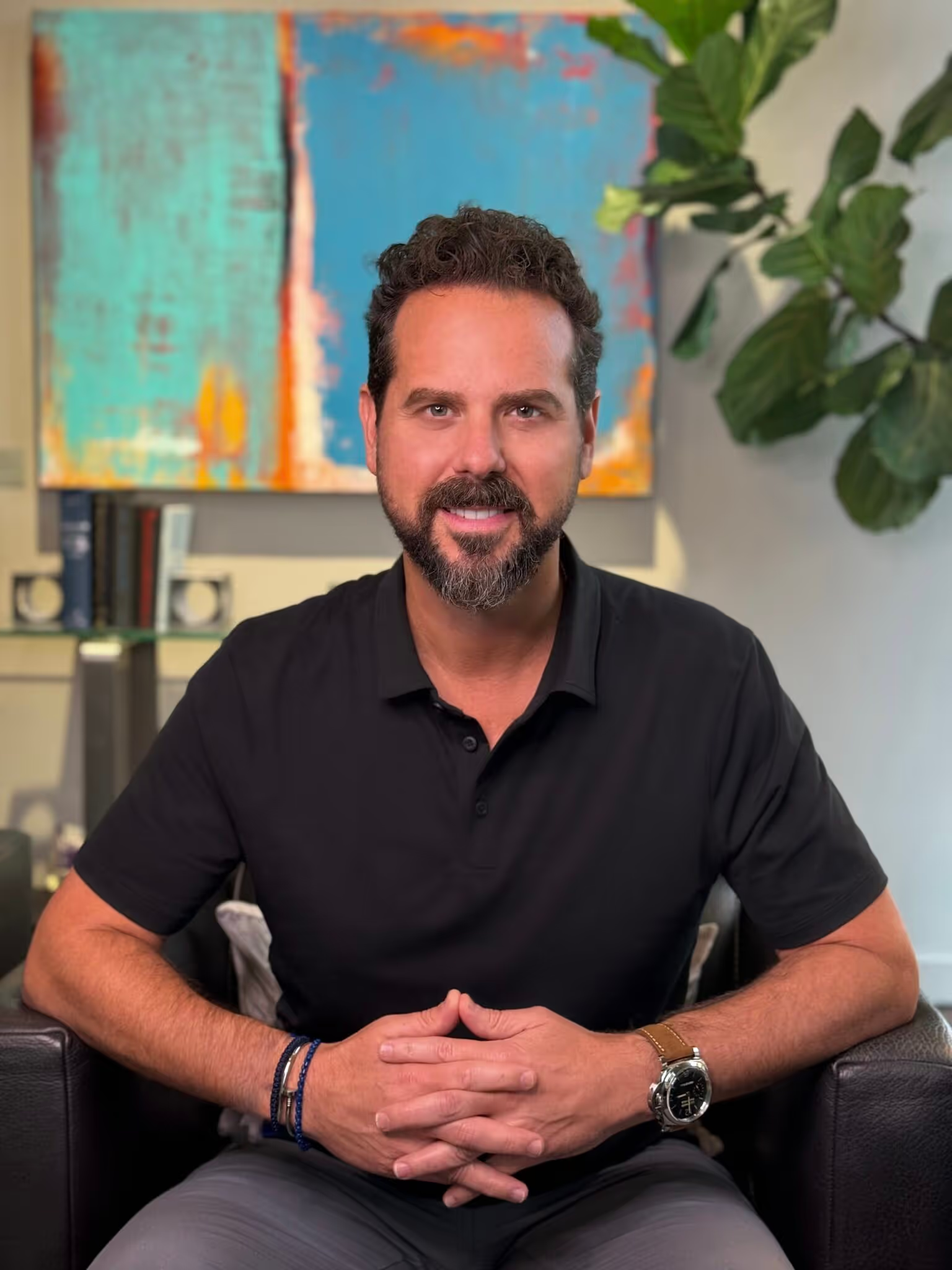
7 Questions to Discover the Earliest Stories You’re Still Living Under
In my last post, “Stories that Aren’t Stories,” I discussed how our earliest stories—those we mostly passively receive from our parents when we’re children—often don’t even seem like stories we tell ourselves when we’re adults because the relative truth of them is so ingrained in us. But as Rick Carson said, “Beliefs are opinions that we develop loyalty to over time.” In other words, these earliest stories that our tiny spongy minds absorb as children are simply opinions we’ve developed staunch, loyal beliefs to as we’ve aged.
To help you consider what some of these “stories that aren’t stories” might be in your own life, I present the following seven questions. With each question, I want you to pause and consider whether or not your primary caregivers (i.e. whoever raised you) modeled such stories on a regular basis. Then, I want you to consider whether or not you model the same behavior as an adult. Try to see the correlation between their actions and beliefs when you were still living with them and your actions and beliefs today. Sometimes, the cause and effect relationship leads to opposite practice or belief, meaning that you may have rebelled against their ideas. Still, those early stories deeply affected you, even if it was to make you jump to the other end of the spectrum from where your parents were.
Now, ask yourself these seven questions:
- Did your parents express their emotions?
- Did they show appropriate affection to you?
- Did they prioritize education or religion or work?
- Did they keep a clean house?
- Did they treat others well?
- Did they support you emotionally?
- Did they place you in a role as their friend or parent, i.e. a reversal of the order of nature?
These aren’t the only ones you could ask. If similar questions come to mind while answering, write those questions down and answer them. By honestly answering, you’ll begin to have a better understanding of how your earliest stories may still be affecting your life—for good or ill.

